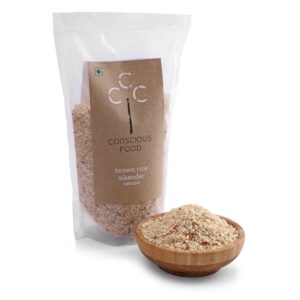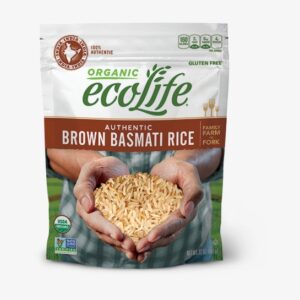We include products we think are useful for our readers. If you buy through links on this page, we may earn a small commission. Here’s our process.
Despite their small size, chia seeds are full of important nutrients.
They are an excellent source of omega-3 fatty acids, rich in antioxidants, and they provide fiber, iron, and calciumTrusted Source.
Omega-3 fatty acids help raise HDL cholesterol, the “good” cholesterol that protects against heart attack and stroke.
Remember the chia pets that were popular in the 1990s? Chia seeds are the same small seeds you used to grow an Afro in your Homer Simpson terracotta vase.
Fast facts on chia seeds:
- Chia seeds are a good source of omega-3 fatty acids, fiber, antioxidants, iron, and calcium.
- A 28-gram, or 1-ounce, serving of chia seeds also contains 5.6 grams of protein.
- Mixed with water, they can replace egg in vegan cooking.
- Chia seeds can be eaten cooked or raw, but they should be added to another food or soaked before eating.

According to the United States Department of Agriculture (USDA) National Nutrient Database, a 28-gram, or one-ounce serving of chia seeds containsTrusted Source:
- 131 calories
- 8.4 grams of fat
- 13.07 grams of carbohydrate
- 11.2 grams of fiber
- 5.6 grams of protein
- No sugar
Eating one ounce of chia seeds each day would provide 18 percent of daily calcium needs, 27 percent of phosphorus, 30 percent of manganese, and smaller amounts of potassium and copper.
Chia seeds provide more omega-3s, calcium, phosphorus, and fiber than flaxseeds. Most people do not consume enough of these essential nutrients.









Reviews
There are no reviews yet.